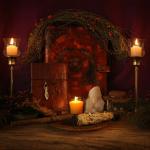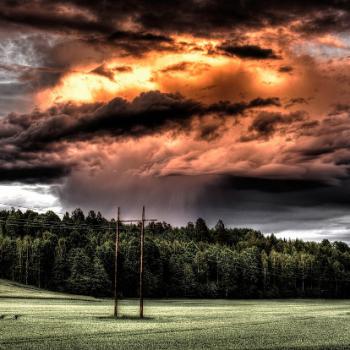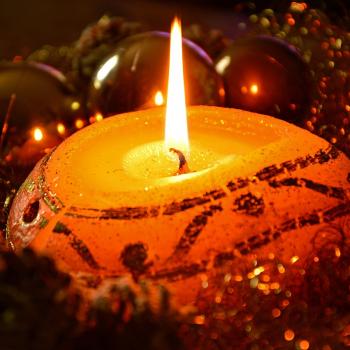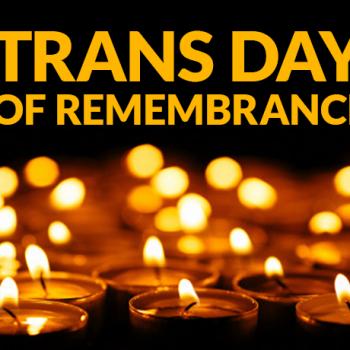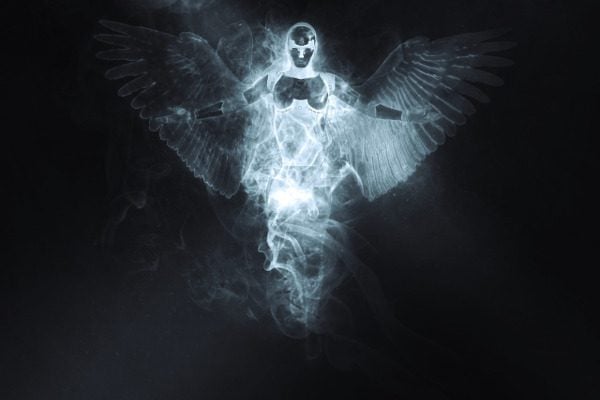
Were it not for my intense dreams and experiences, I’d probably still be an atheist rather than possessing my polytheistic view of the world today. I think I definitely still would’ve been actively involved in magic and psychic pursuits as those had longed proved to be fruitful and way too many lifelong experiences were had in that arena. I don’t think theism of any sort is necessary to be actively involved in magic; you can interact with spirits and daimons and not have any set belief in any sort of divinity. Animism and other ideas are pretty compatible in this regard.
That all being said, it’s high time to tackle the topic of personal experience, gnosis, and mysticism in polytheist faiths.
As I’ve readily blogged about before, I come from a polytheistic background. I’ve been here since my early teens, and in my late teens I got into Greek polytheism due to my intense experiences with Apollo. My faith is deeply tied into academic research into ancient Greek religion and while that research serves as the basis of my praxis, it is not the entirety of my approach. Rather it gives it a framework and foundation upon which to build. I used to call myself a reconstructionist, but given how abused, misused, and misunderstood that term is I no longer call myself that.
There are too many people who either treat reconstructionism as the religion, cherry pick sources to suit their prejudices and biases against one philosophy or another, or not fully outright research the tradition by reading through both the words of the ancients and Greek philosophy itself. Those of us who came here via personal experience, spiritual epiphany, and/or gnosis are frequently left on our own for support. On one hand, personal religion is indeed personal and that’s the way it’s been for centuries. On the other hand, not enough of us are talking about it either.
Does personal experience trump or dictate historical record? Certainly not, and where research leaves off and spiritual insights are gained it’s good to clearly delineate one from the other. Is some sort of mystical practice and/or spiritual gnosis required in order to be actively involved in a polytheistic faith? No, most certainly not. Both common sense and academy honesty are required here.
Also, not all experiences are created equal. The gods are vast and have numerous facets to them. Someone who approaches Apollo from the standpoint of healing and medicine because their profession is in that field will have a vastly different experience of him than someone like me, who is far more mystically geared and engaged with him far more from his aspects which deal with seership, oracles, divination, etc.
And not everyone who starts out engaging in a polytheistic faith without any personal experiences stays that way, either. I’ve known of many people who suddenly started having mystical incidents, dreams, and gnosis after months and even years of not even believing they exist, let alone not having any. I’ve also known of a great deal of very spiritual pagans and polytheists who haven’t had them, and yet are equally devoted otherwise. Neither camp is inherently superior or inferior to the other.
Because I have done my best to be as straightforward as possible about my own experiences, I’ve had many people approach me over the years with dreams and visions about the gods. One thing that is common to all of them is that they either believe they are unusual or entirely alone. Occasionally they are afraid that they are crazy or that there is something wrong with them–and I’ve assured every single one of them that it’s not the case and meant it.
Sometimes the nature of those visions and dreams involves mystical union that’s even of a sexual nature, and they’re left not knowing how to unpack that. The irony is that mainstream religions like Christianity have had centuries of saints and mystics who have actively engaged in what is referred to as “bridal mysticism“. This is old news to them. In Eastern faiths, you have philosophies and practices such as bhakti yoga. This has been going on for thousands of years in virtually every religion under the sun, and treating it as if were modern, Tumblr inspired “woo” is so off the mark it’s hilarious, and yet the notion of “godspouses” has been derided and mocked. I’ve also spoken with people who have had similar such relationships with spirits and daimons, so it’s not limited in scope to deities. This too is neither new nor rare.
Mysticism, gnosis, and personal experiences are only weird or unusual for people coming in from backgrounds which actively discourage, frown upon, or mock any sort of personal experience with divinity–and I find it heavily ironic that so many polytheists and pagans are basically coming in from what amounts to overly Protestant beliefs. Having mystical experiences is neither required nor prohibited to any polytheistic faith, whether it’s Hellenism or otherwise.
In short, experiencing personal gnosis and having mystical experiences with the gods is neither new, unusual, inherently superior to other people’s practices, or threatening to anyone else or themselves. As I’ve expressed in the past, as long as people keep clear boundaries for themselves and do not engage in relationships with daimons or deities which are unhealthy and/or abusive regardless of the nature of that relationship, all is well.

